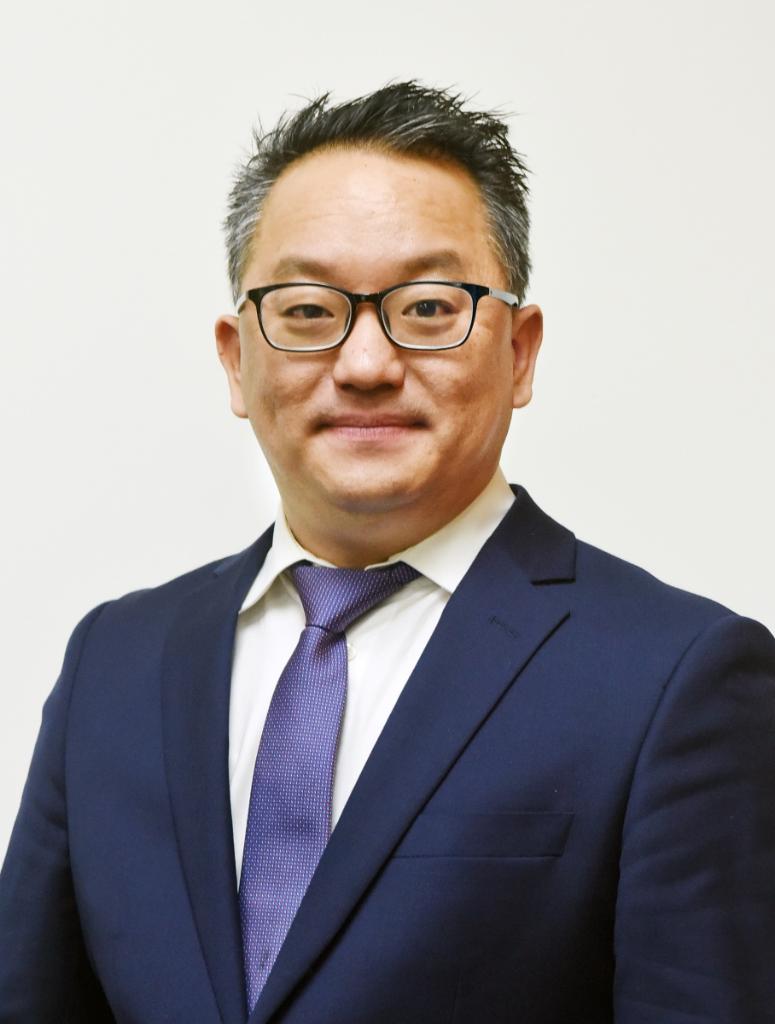
Empowering the Korean American Community: How California Employment Development Department’s Unemployment Language Opportunity Program Supports the Korean American Federation of Los Angeles (KAFLA)

The Korean American Federation of Los Angeles (KAFLA) stands as a beacon of support for the Korean American Community, advocating for their political and social rights since its founding in 1962. Located in the vibrant Koreatown of Los Angeles, its mission is to represent and protect the interests of Korean Americans and serves as an umbrella organization for over 250 community groups in Greater Los Angeles. Over the years, KAFLA has become a leader in promoting cultural exchange and fostering unity among diverse ethnic communities.
In July of 2022, the Center at Sierra Health Foundation, in partnership with the Employment Development Department (EDD), announced the award of $2 million to 11 community-based organizations (CBOs) throughout California to help limited English-speaking communities and the Deaf and Hard of Hearing communities better access unemployment insurance (UI) and other EDD services and benefits.
The Unemployment Language Opportunity Program (ULOP) grant funding provided by the EDD proved instrumental in enabling KAFLA to expand its outreach and better serve limited English-speaking communities, particularly monolingual Koreans. KAFLA utilized the grant to raise awareness about the EDD’s Korean Language phone line and to enhance the unemployment and disability application assistance workshops it runs that target a population of over 40,000 individuals annually. The funding acted as a catalyst that allowed KAFLA to extend its reach and offer vital support to community members navigating the complexities of EDD resources.
The EDD recognizes the essential role that community-based organizations (CBOs) play in bridging service gaps for hard-to-reach communities. KAFLA, as a trusted partner received acknowledgment from the EDD for their cultural competence and deep roots that are indispensable in connecting with the Korean American community. The partnership between the EDD and KAFLA reflects a collaborative effort to ensure that the needs of limited English-speaking communities are met effectively.
“We understand that community-based organizations like the Korean American Federation of Los Angeles (KAFLA) is one way to successfully connect and get critical information on EDD’s benefits and services to communities who speak a language other than English,” said Erica Chovva Ruiz, EDD’s Language Access Officer.
The success story of KAFLA is intertwined with the EDD’s commitment to equity and language access. The ULOP funding has allowed KAFLA to address the language barriers faced by the community members. By translating various EDD outreach materials into Korean, KAFLA contributed to the ongoing efforts to provide multilingual support. While the language access infrastructure at the EDD is still evolving, the funding demonstrates a sincere commitment to narrowing the language gap and ensuring that vital services are accessible to all Californians.
Through the ULOP funding, KAFLA was able to implement targeted outreach initiatives, utilizing paid media campaigns in the Korean language to promote EDD services to the Korean American community. The success stories emerging from this collaboration showcase the tangible impact of the grant. With a focus on producing videos in Korean and creating an online “EDD chatroom,” KAFLA engaged with over 1200 participants during the pandemic, fostering a sense of community and trust, according to its President James An.
The success story of KAFLA and the ULOP funding is a testament to the impactful power of strategic partnerships between community-based organizations and the EDD. As KAFLA continues to empower the Korean American community, the support from the EDD serves as a model for how collaboration can lead to meaningful change. The ULOP funding not only facilitated outreach efforts but also strengthened the foundation for ongoing language access improvements within the EDD. This success story serves as an inspiration, highlighting the impact that dedicated community organizations can have in building a more equitable and inclusive society, one that works for all Californians.
